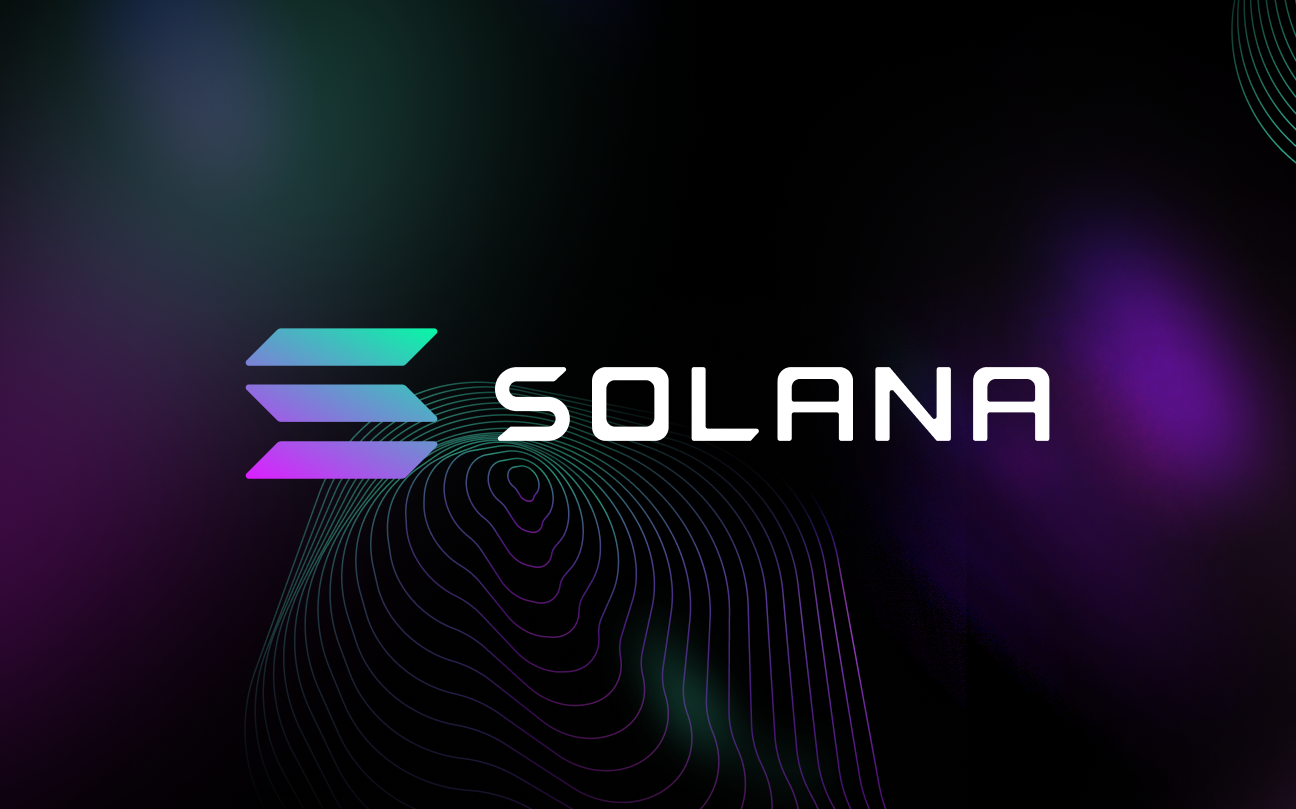Solana Network
How to Delegate
High-Speed Blockchain: Solana is renowned for its impressive transaction speed, processing thousands of transactions per second, making it one of the fastest blockchain networks available.
Proof of History (PoH): Solana’s unique PoH consensus algorithm timestamps transactions, improving overall network efficiency and enabling secure transaction ordering.
Scalability: Built with a focus on scalability, Solana leverages a unique combination of technologies to maintain speed and performance even as network usage grows.
Low Fees: The Solana network offers cost-effective transactions, ensuring that users can interact with decentralized applications without the worry of high fees.
Decentralized Applications (DApps): Developers can create innovative DApps on Solana’s blockchain, taking advantage of its speed and throughput to deliver seamless user experiences.
Ecosystem Growth: Solana’s rapidly expanding ecosystem includes various projects, protocols, and DeFi applications, fostering a thriving community of contributors and users.
Smart Contracts: With Solana’s support for smart contracts, developers can bring complex programmable functionalities to the blockchain, opening doors to a wide range of applications.
Interoperability: Solana is designed to work well with other blockchains, enhancing its potential for cross-chain compatibility and facilitating seamless data and asset transfers.
Secure and Reliable: Solana’s consensus mechanism ensures security while its performance-focused architecture maintains network reliability, even during high demand periods.
Token Support: The Solana network hosts its native cryptocurrency, SOL, which fuels the network’s operations, transactions, and governance.
Community-Driven: Solana’s growth is driven by an active and engaged community of developers, validators, and enthusiasts who contribute to its advancement and adoption.
Evolving Technology: Solana continues to innovate, implementing upgrades and optimizations to meet the ever-changing demands of the blockchain landscape.



